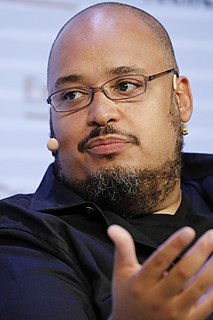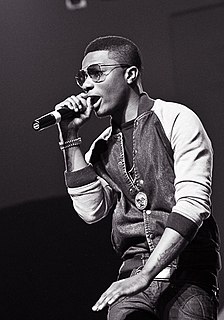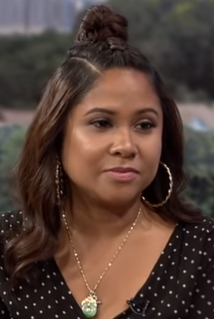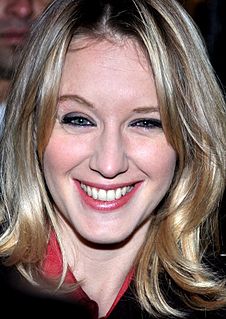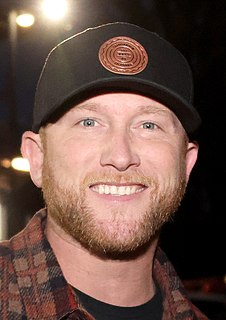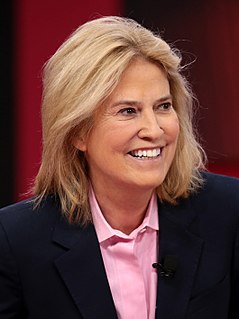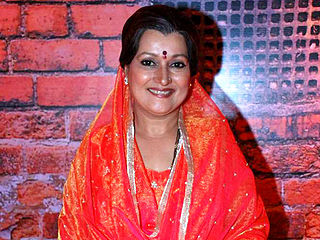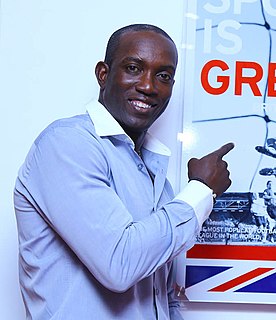A Quote by Michael Seibel
The number one problem companies have during the Y Combinator interview is that a minute into the interview, we don't know what they do. It's the same problem with the application. You might think we're experts, but you still have to explain it to us.
